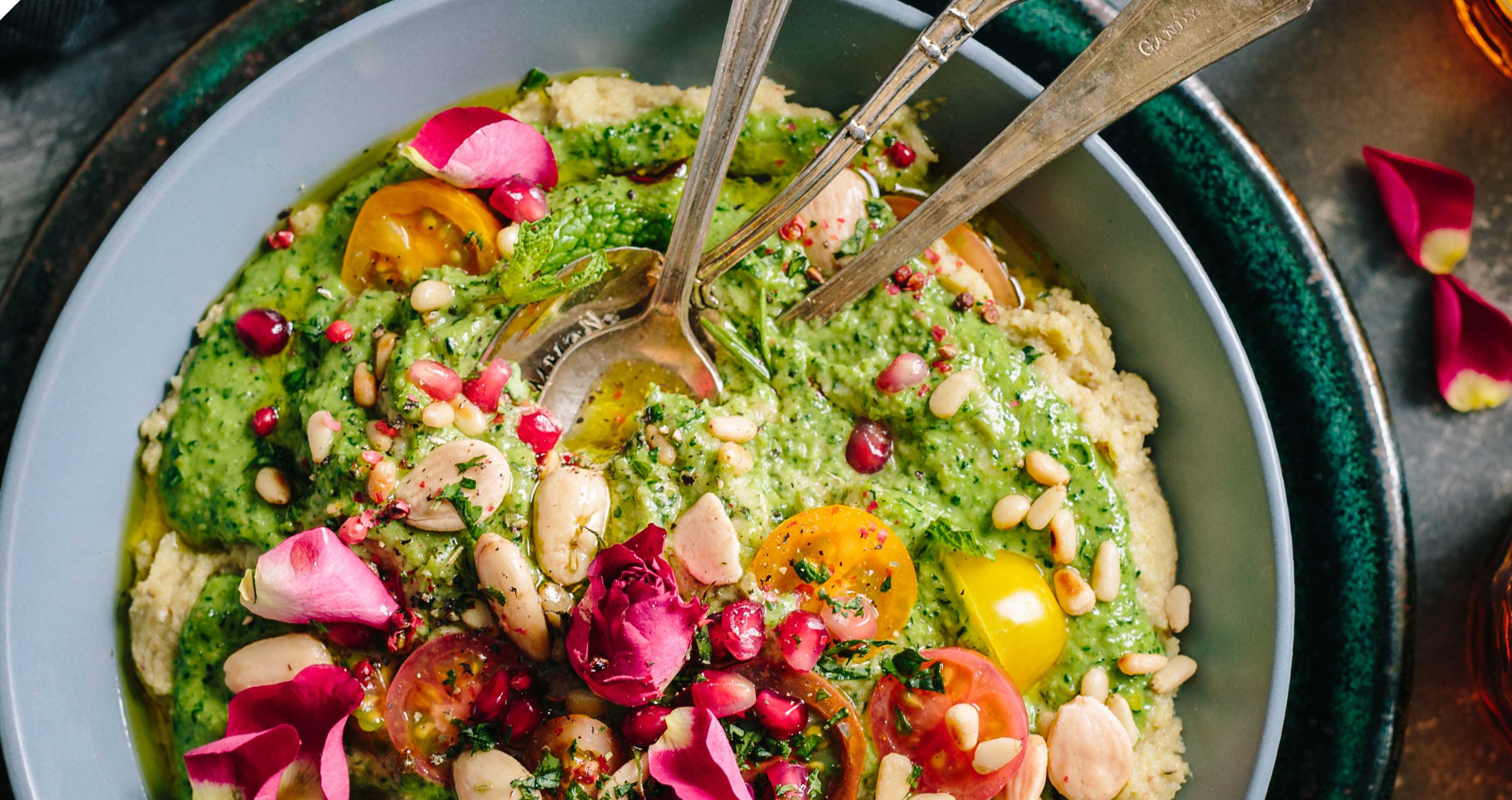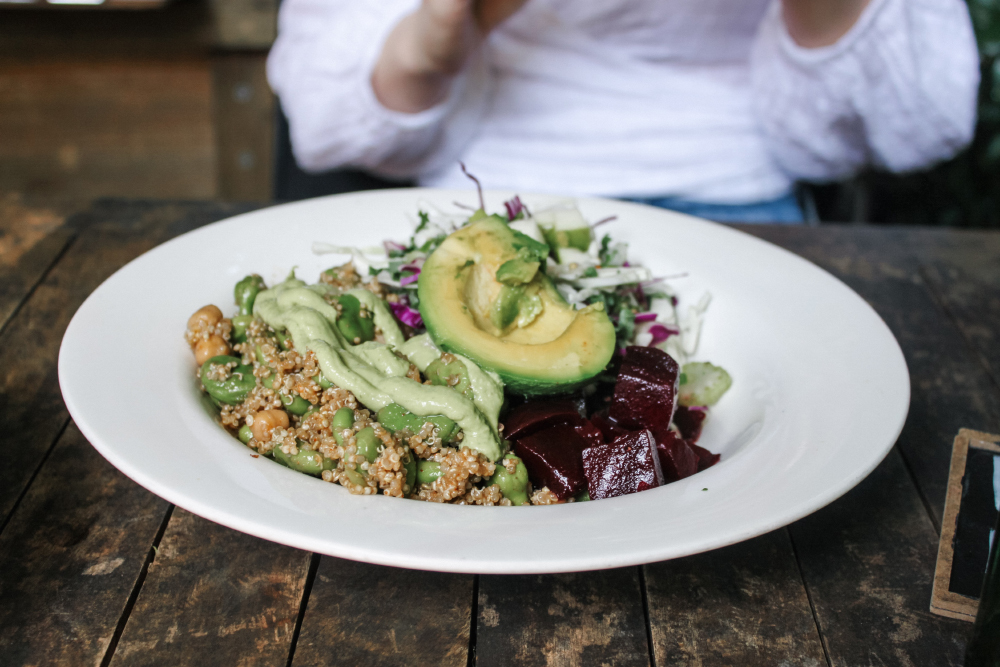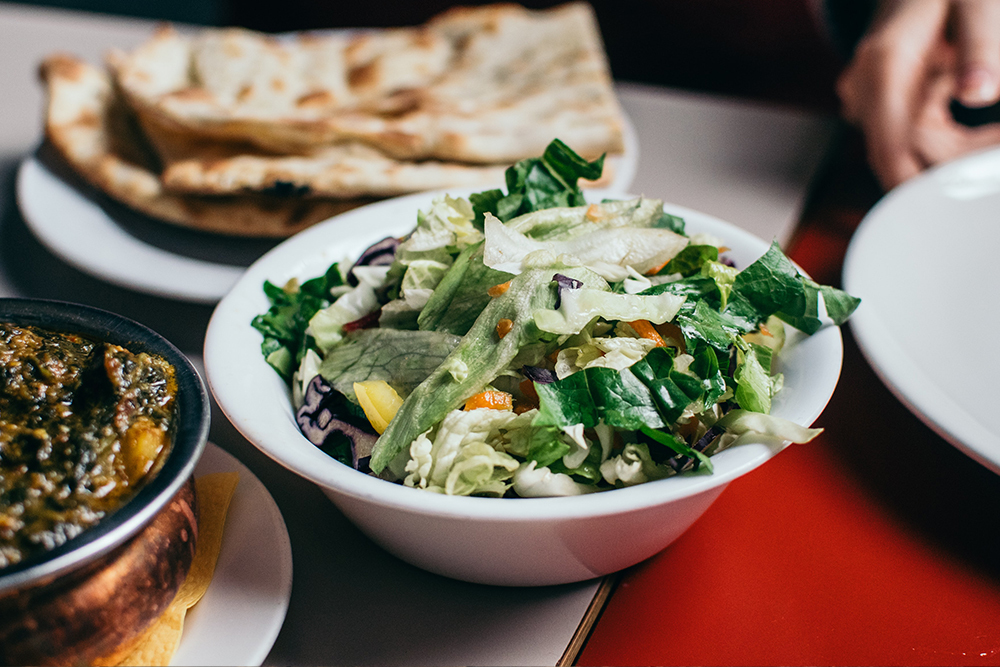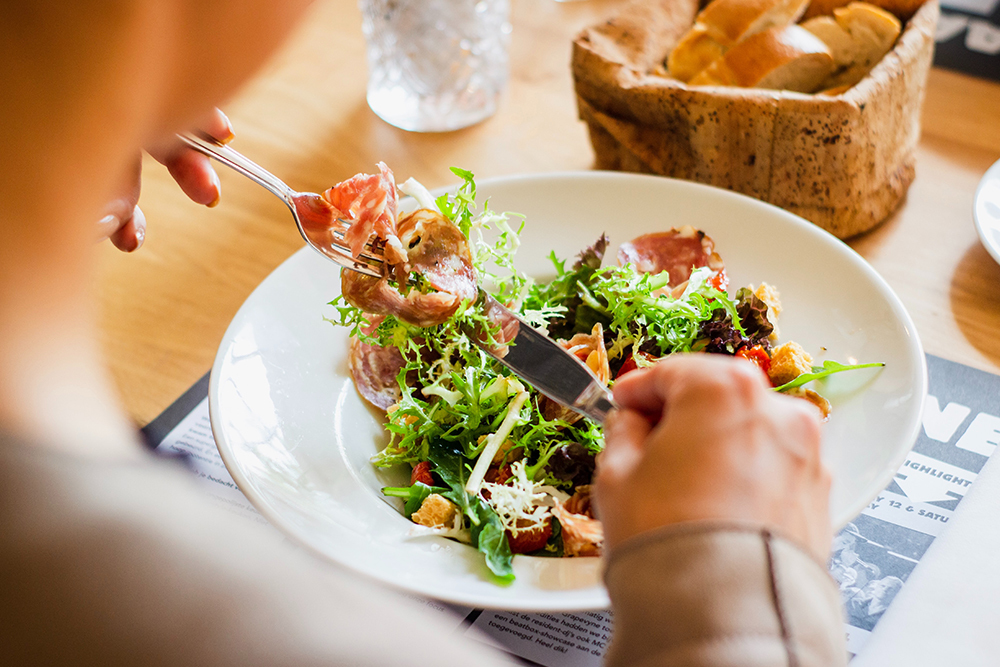
Calorie Counts On Menus: Solution To Healthier Living Or Compounding The Problem?
Numbers versus nutrition.
It’s Friday night and you’ve been looking forward to going out all week. You arrive at the restaurant with your girlfriends, drinks are poured, and you’re handed the menu. But, something’s different.
Dishes that initially tantalized your taste buds are suddenly tainted by a number. As you read over the enticing description of each option, you can’t help but feel the calorie count loom over you.
Is this the better choice? If I have that, can I also have dessert? – for people that struggle from a toxic relationship with food, these are just some of the thoughts that will dictate their evening out, following the government’s new policy.

Problematic to say the least – the law which came into effect on April the 6th requires all restaurants with 250-plus employees to display the calorie counts on all meals. This includes café chains and online delivery sites such as Uber Eats and Just Eat – all of which must reveal the calorie information at the point of choice.
The scheme is the government’s latest attempt to resolve the estimated £1.6 billion spent by the NHS each year on tackling obesity. With full calorie intake being disclosed, the intention is that people will make “healthier” choices, opting for less “calorific” dishes, aiding weight-loss.
However, focusing solely on a number fails to address the real problem at hand. According to BEAT (the UK’s eating disorder charity), it’s estimated that 1.25 million people in the UK suffer from eating disorders. This figure is set to soar, as the new law compounds the concept of “good” versus “bad” foods – completely undermining the balanced approach of “everything in moderation”.
According to the NHS, the recommended calorie intake is 2,000 for a woman and 2,500 for the average man. However, this does not consider any lifestyle factors that are subject to the individual. Thereby, if your meal out amounts to 1,500 calories, then for the average woman, you’ve already consumed over half your intake for that day. This misguided notion of what we “should” be consuming is what fuels toxic diet culture.
The way forward? Education.
Are All Calories The Same?
Yes and no. While a calorie is a calorie from a thermodynamic standpoint, when it comes to feeling properly fueled and nourished - not all calories are equal. When making a lifestyle change it’s crucial to think about the quality of what you’re eating as opposed to being fixated on quantity. While numerical factors are important if you’re wanting to eat in a calorie deficit (consuming less calories than you burn), they are not the be all and end all for living a healthier life.

Hunger cues, eating behaviors and hormones are all impacted by our diet. Different foods travel through different metabolic pathways, meaning that your satiety levels along with feelings of fullness will differ depending on what you eat.
If you have the option to choose between a balanced meal made up equally of macro and micronutrients, or a chocolate bar amounting to the same calories – there is clearly a more nourishing choice.
The key is to shift your focus from numbers to nutrients – think about how the food you’re eating makes you feel. For example, learning how to cook thin pork chops in an air fryer is an easy way to enjoy satisfying meals with less added oil, helping you focus on nourishment rather than calorie counts.
There Is No One Size Fits All Approach
Any healthy lifestyle change begins with one thing – your mindset. Transforming your habits requires hard work and when times get tough, it’s vital to remember why you started.
Adopting the 20/80 approach when it comes to your food will be far more sustainable in the long-term than constantly counting calories. By this, we mean prioritizing wholefoods 80% of the time and allowing “treats” and more “fun” foods 20% of the time.

This is a far more balanced and intuitive way to view food, especially when embarking on a weight-loss journey.
Think about what you can enrich your diet with as opposed to restrict and take away. Whether it be adding more fruit and veg or prioritizing healthy fats and higher-quality protein – these are all things that can improve your current eating habits and overall health.
Key Takeaways
For vulnerable people suffering from an ED, menus becoming calorie-conscious is only going to reinforce toxic habits such as purging, bingeing, and restricting. Eating out will become plagued by feelings of stress and anxiety, heightening the mental health issues that facilitate these illnesses.
Some restaurants such as Wagamama have said that it will offer two menus, one with calories and one without on request – we can only hope that other chains will follow suit.
Ultimately, real knowledge on nutrition is what needs to be instilled in people – not calories.
In case you missed it, How Does Massage Help With Stress?











